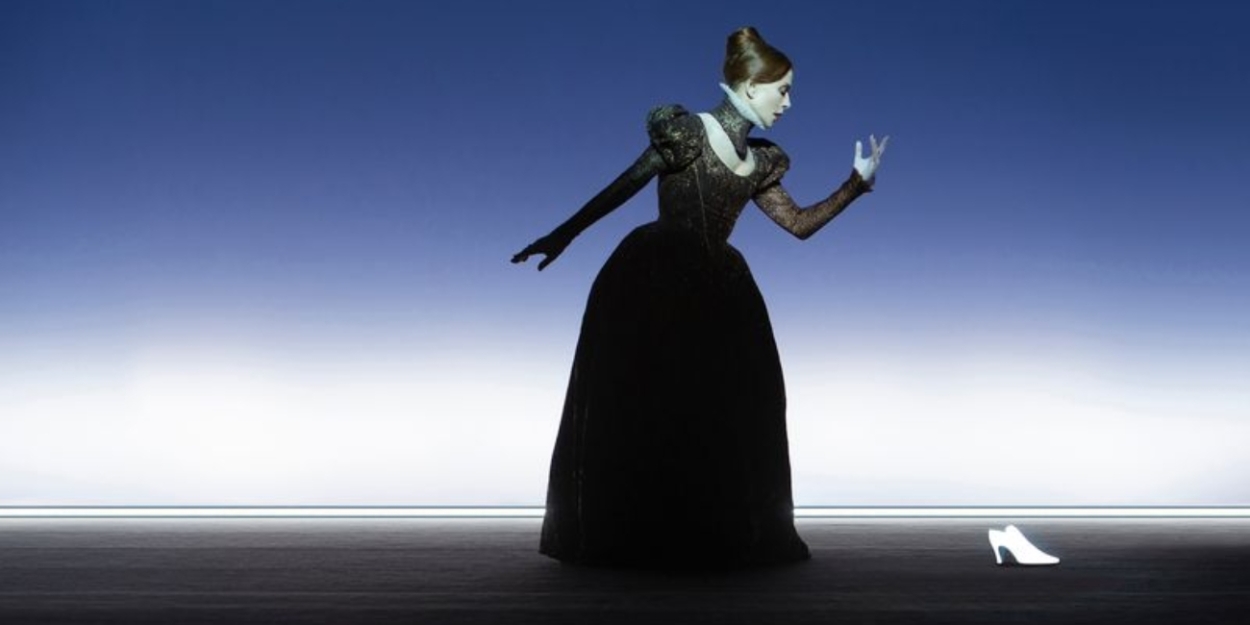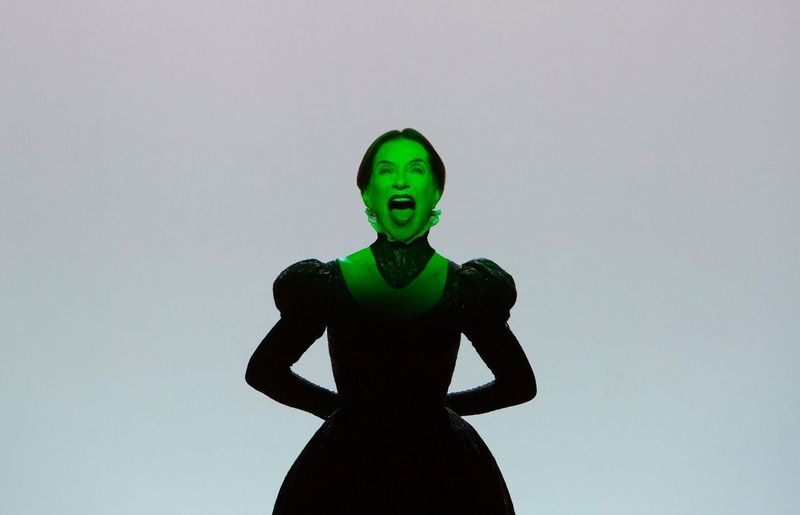Review: MARY SAID WHAT SHE SAID, Barbican
Transferring from Théâtre de la Ville-Paris, Isabelle Huppert stars in this unmissable one-woman show

![]()
So much contemporary British theatre wants to fit neatly into a box. Wear labels like clothes. Mary Said What She Said is the opposite. Magnificently sui generis, an internal monologue of Mary Queen of Scot’s final hours twisted outwards. A war cry in the face of death. This transfer from Théâtre de la Ville-Paris is theatre at its most ruthlessly elusive, seamlessly slipping from one polar opposite to another.
Isabelle Huppert, icon of French cinema, is the doomed Queen: languishing in a prison cell awaiting her execution. “Memory, open my heart” she mutters with unceremonious defeat; her personal history of blood-stained political conspiracy and religious rebellion flash and slosh around her head with hysterical fervour. It’s her sisterly camaraderie with her ladies in waiting that bleeds through most poignantly alongside remorse for other remnants of relationships.
Its slippery is otherworldliness tantalising. It only draws us in deeper. Huppert inhales the monologue like oxygen; we are on the edge of our seats, collective breath held waiting for her permission to let us exhale. Floating around an icily lit stark set, she is stranded in a shapeless purgatory. Cold light sucks the flesh from her bones. Judgement looms. Does Heaven or Hell wait on the other side?
American auteur Robert Wilson’s production has a curious power to bridge gaps between opposites. It is dense, Huppert fires words like a majestic barrage of bullets, but also light: Darryl Pinckney’s lyrical language is inflected with Tudor verse, flashes of Shakespeare, and cloaked in Beckettian existential angst. It doesn’t slice with sharp precision, but overwhelms with hurricane force.

Perhaps that is why Mary is a magnet for dramatists. We revere her lofty power as a ruler determined to navigate and beat the surreptitious games of Tudor politics. She is a bruiser, a heavyweight, a force de la nature, but also a mother. We can sense her earthy vulnerability as a parent struggling for the best for her child, a lover drunk with passion, and a human scared of death. She abdicated the Scottish throne for her son James IV who would become James 1st of England. The personal and political become inseparable.
The only thing you can put your finger on is Ludovico Einaudi’s score. Repetitious heavy minimalism conjures up a skin-crawling eeriness. Undertones of Handel echo from underneath, sparks from a distant harpsichord evoke the period, but always firmly through a contemporary lens. Again relentlessly flipping between contrasts: it’s cinematic, epic, and searingly intimate.
Mary said what she said plays at the Barbican until May 12
Photo Credits: Lucie Jansch
Reader Reviews

Videos
